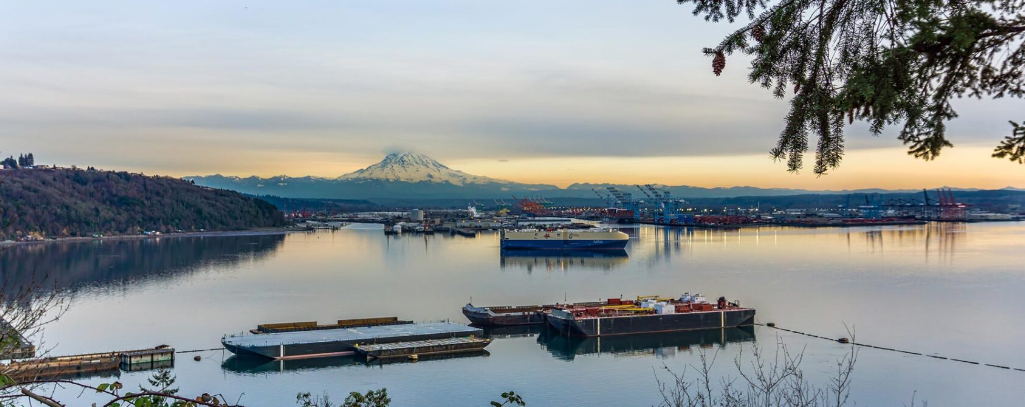Hydrogen and Renewable Fuels 2025 Agency Request Legislation: Environmental Justice Assessment
Commerce’s Office of Renewable Fuels is developing agency request legislation (ARL) to support the strategic deployment of green electrolytic hydrogen and renewable fuels in Washington. As a part of this process, staff prepared and published a draft Environmental Justice Assessment on Commerce’s public dashboard. EJ assessments are a required aspect of planning significant agency actions under the Healthy Environment for All (HEAL) Act. The purpose of an EJ Assessment is to work with stakeholders to understand and articulate the potential impacts of agency activities on overburdened communities and vulnerable populations.
The green hydrogen and renewable fuels ARL EJ Assessment is available for public review through Tuesday, August 27. Comments or feedback can be shared directly with Shannon Pressler, Hydrogen and Renewable Fuels Engagement Specialist.
Visit Commerce’s website to learn more about the agency’s environmental justice efforts, agency HEAL Act requirements, and the role of EJ Assessments in ARL development. For more information about the overall planned green hydrogen package, please contact Stephanie Celt.
Report release announcement: Advancing Zero-Emission Fuels in Washington’s Shipping Sector
This month, RMI released the decarbonization study Advancing Zero-Emission Fuels in Washington’s Shipping Sector. The study provides a regionally focused roadmap for decarbonizing Washington’s shipping sector, offering insights for policymakers, industry leaders, and other stakeholders. The study first identifies demand-side pathways for deploying Zero Emissions Fuels (ZEFs) by 2030 and for fully decarbonizing maritime fuel at Washington ports by 2050. It then assesses the feasibility of hydrogen- and biofuel-based ZEFs through techno-economic analysis, focusing on emissions, cost, scalability, and technology. Finally, it analyzes policy options to support ZEF production and use.
Key findings
- Washington has the opportunity to position itself in shipping decarbonization by becoming one of the nation’s first Zero Emissions Fuels bunkering hubs, allowing for cooperative benefits of reducing emissions and driving sustainable growth in the shipping sector.
- ZEFs can achieve at least 90% emissions reductions, but both e-fuels and biofuels possess specific challenges to scalability. Biofuels face competition for feedstocks, which could drive up final price and reduce scalability for marine uses, while e-fuel production in Washington may be less competitive than in other high-wind regions of the U.S., assuming existing renewable capacity cannot be used to qualify for the 45V tax credit (final 45V rules are still pending).
- Incentive-oriented policy is necessary to be a leader in meeting global maritime decarbonization targets. Policy recommendations in this study are focused on: incentivizing the demand-side, creatively leveraging a constrained state budget, and prioritizing environmental justice in port transition.
The Washington State Department of Commerce collaborated with RMI and other regional and state partners, including Washington Maritime Blue, the Port of Seattle, the Consortium for Hydrogen and Renewably Generated E-Fuels (CHARGE), and the Northwest Seaport Alliance, to develop the study. RMI and partners are currently planning an event in November to convene stakeholders around sustainable maritime fuels. Commerce will share information about the event when it is finalized.
